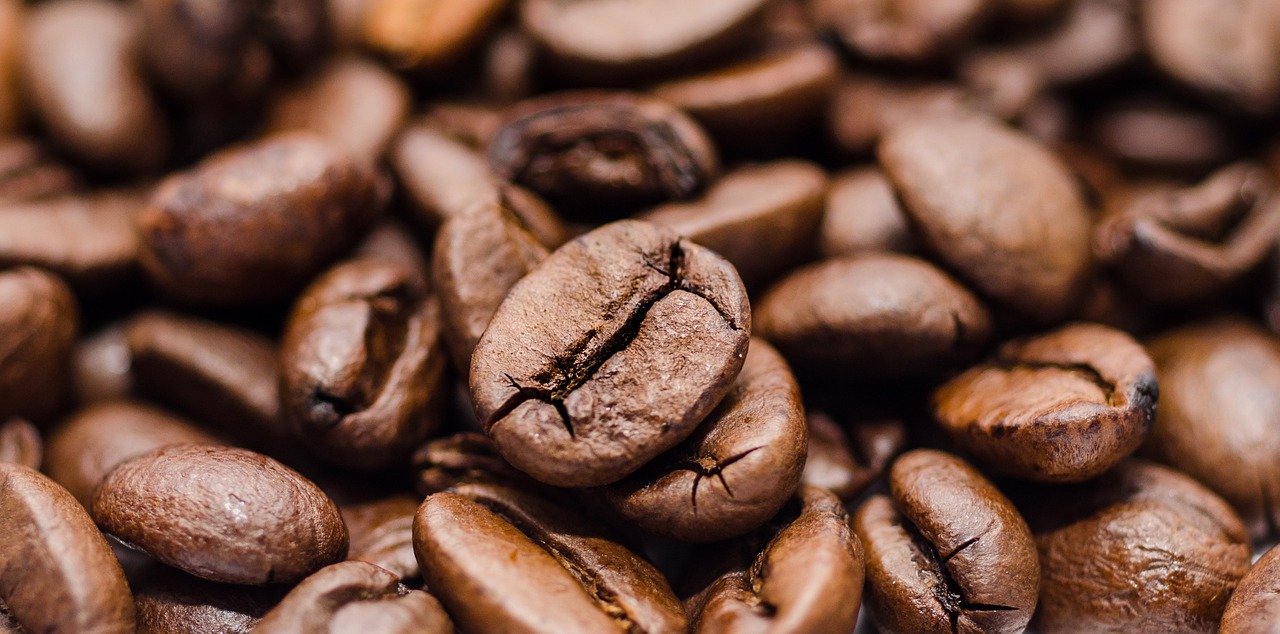Does coffee affect blood sugar?

One of the things that comes up when you tell people that you’re on a ketogenic diet is the question of whether you don’t feel deprived. Most people can’t envision their life without pizza and pasta. As with everything, you get used to it. There are many substitute foods, like protein bread, zoodles, and dark chocolate, which means you can still find low-carb alternatives. The reward is in normal blood sugars, for which I’d give up carbohydrates any day. One thing I can’t imagine life without though is coffee.
I’ve always been a caffeine junkie. Lattes, cappuccinos, frappuccinos, or just straight black. You name it, I drink it. When diagnosed with type 1 diabetes, I was terrified the coffee had to go. As it turned out, it was not the case. Coffee in itself does not affect my blood sugar. It’s what goes in it that matters. Sugar is a no-go with diabetes, so the Starbuck’s Pumpkin Spice Lattes and iced coffees are out. These have more to do with desserts than coffee anyway.
You also need to watch the milk, as there’s roughly 5g of carbohydrate per 100ml. A small latte has 10g of carbohydrate, which is enough to send my blood sugar high. Cappuccio is the same story. You might get away with a tiny splash of milk in your coffee, providing you have just one or two. If not, you need to dose insulin. As an alternative to milk, you can use double cream, which in some cases has as little as 1g of carbohydrate per 100ml.
These days, I have my coffee black most of the time. And if the person I’m drinking it with dares to order something tasty, like an ice-cream coffee or a frappuccino, I give them the evil eye. Then I lecture them on the horrors of sugar. It could be that sometimes, I still feel a little bit deprived.